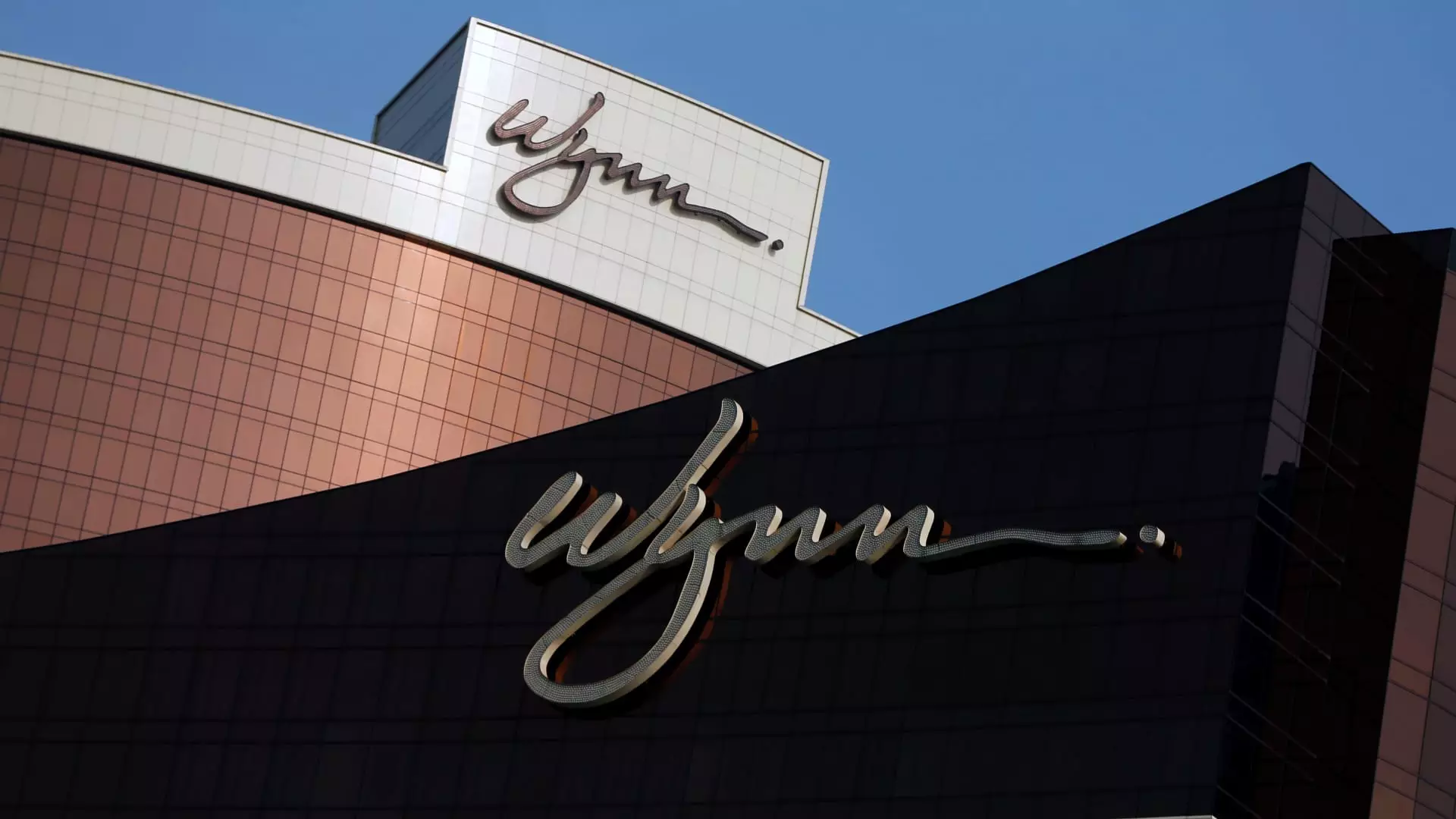Wynn Resorts recently announced its withdrawal from the competitive race for a casino license in New York, marking a critical moment in the state’s gaming industry. This decision mirrors the challenges that are increasingly surfacing in an area once deemed a lucrative venture for high-profile gaming companies. The rezoning process, layered with bureaucratic complexities and politicized regulations, appears to have battered the resolve of even the most formidable players in the casino market.
Their retreat is particularly revealing in an environment where competition is not limited to physical casinos but increasingly bolstered by the rise of online gaming. Traditionally relied upon for significant revenue, the prospect of legalized online gambling has altered the landscape, making it difficult for brick-and-mortar establishments to justify their enormous development costs in New York’s high-stakes arena.
Political Minefields and Industry Revolt
As Wynn relinquishes its ambitions, it reflects a broader dissent from casino executives who bemoan a licensing process riddled with unnecessary political hurdles. When the merits of a casino proposal take a back seat to political maneuvering, it creates a disheartening scenario for investors and city planners alike. Prominent operators like MGM Resorts have been perceived as front-runners, not based on the best designs or innovative projects, but merely due to their existing footholds in the state. Such biases undermine the integrity of what could be a transformative arena for job creation and economic growth.
Moreover, the situation underscores the discontent simmering within the industry. It’s telling that Wynn Resorts, a leader in casino hospitality, has chosen to redirect its capital toward stock buybacks and international ventures, rather than navigating a minefield of contentious public sentiment and regulatory barriers. The sentiment clearly indicates that the gaming giants are re-evaluating their strategies, recognizing that New York may not be the goldmine they once envisioned.
A Future Beyond New York
Interestingly, Wynn’s pivot is not just an exit but a focused reallocation of resources toward less contested and more promising markets. Their investment in a casino resort in the UAE signifies a willingness to explore opportunities where regulatory frameworks are more supportive, and public sentiment less oppositional. This strategy exemplifies a qualitative shift where companies are no longer tethered to high-profile but toxic markets.
As the gaming landscape evolves, it raises questions about the long-term viability of New York’s position as a prime destination for gaming entertainment. If industry stalwarts continually withdraw due to an inhospitable environment, it is imperative for state policymakers to reassess their strategies. The potential for casinos to drive economic development cannot flourish amidst a quagmire of political gamesmanship.
Wynn Resorts’ departure should act as a clarion call for industry stakeholders to reconsider how casino licenses are awarded and how development is facilitated in New York. In a time when innovation and customer experience are paramount, clinging to outdated political frameworks will only stifle what could have been a booming sector. As companies like Wynn seek greener pastures, New York risks losing its allure in the competitive global gaming arena.

